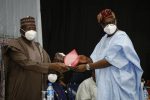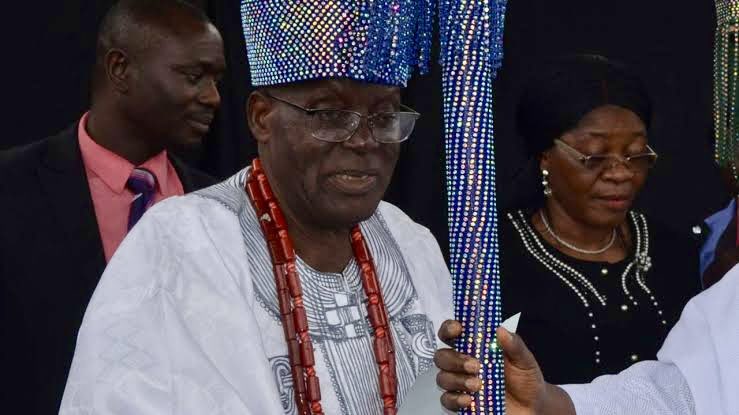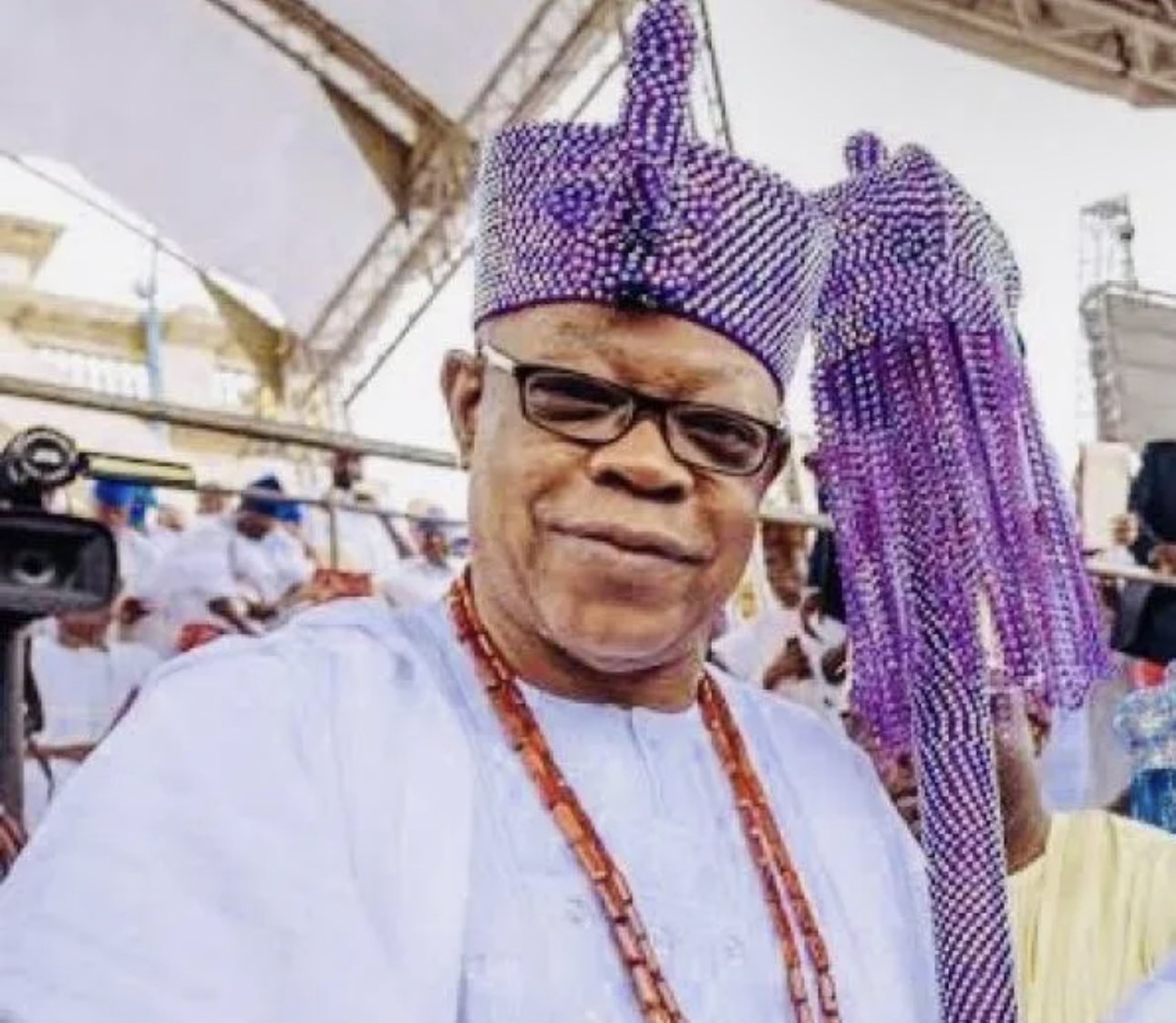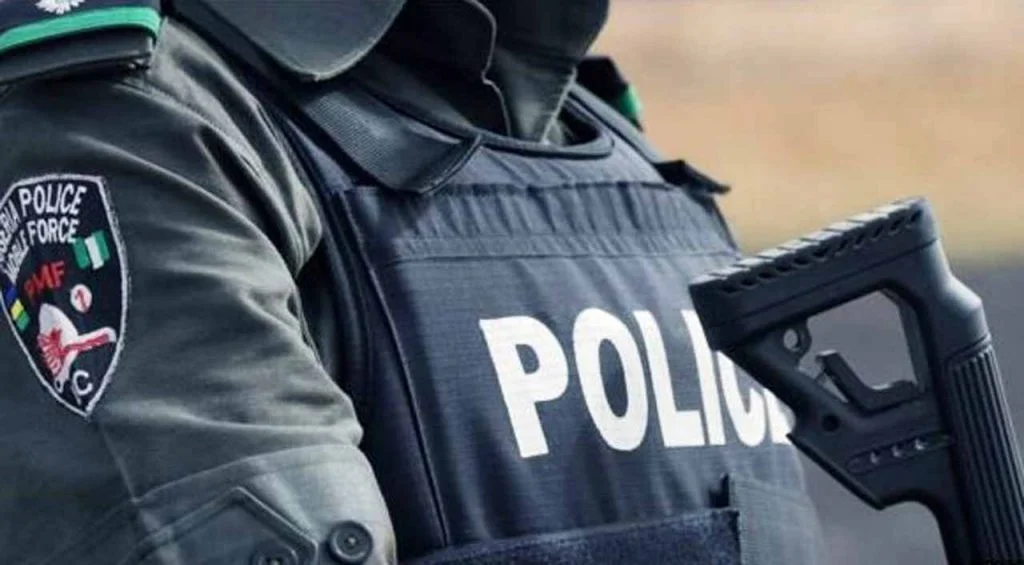INEC Okays 119,973 Polling Units For 2019 Elections
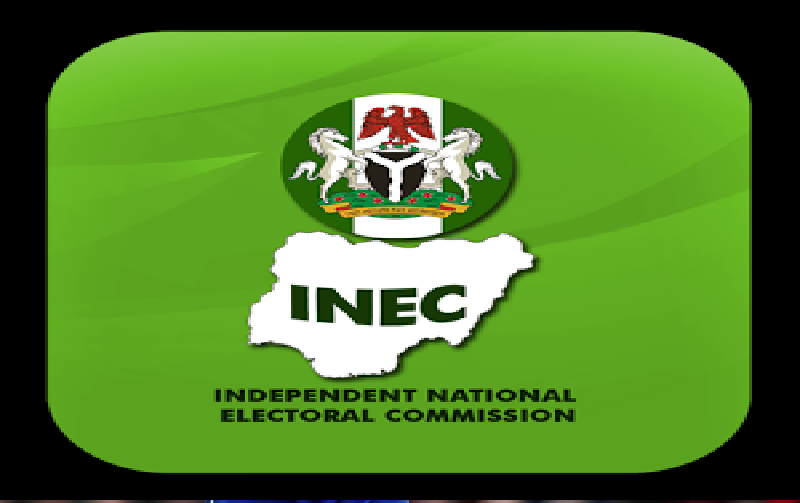

Nigeria’s next general elections will be held in 119,973 polling units while results will be collated in 8,809 wards, the country’s electoral body chief has said.
The Independent National Electoral Commission (INEC) said the presidential election would hold on February 16, 2019, while governorship and state assembly Elections would be conducted on March 2, 2019.
President Muhammadu Buhari, 75, is standing for reelection and his All Progressives’ Congress may opt to return him unopposed.
His closest challengers are expected to be from the ranks of the leading opposition party People’s Democratic Party. Already, Nigeria’s former vice president Atiku Abubakar has said he will run against Buhari.
A former governor of oil-rich Cross River State Donald Duke has also expressed his interest in the presidency.
Parties such as African Democratic Congress and Social Democratic Party have emerged in recent months and may field younger candidates.
With an estimate registered 80 million voters by February 2019 when the elections will start, INEC boss Prof. Mahmood Yakubu said the commission has its work cut out for it.
“Elections are no longer seen as an event, but processes which begin much earlier than the election day,” Yakubu said at a meeting with the organised private sector in Lagos recently. “Numerous activities must begin well in advance leading to election day and beyond. Proper planning means that preparation for the next general election begins from the conclusion of the current election.”
“Realising this fact, the Commission began to prepare for the 2019 general elections with a review, formulation and validation of the Strategic Plan (SP), Strategic Programme of Action (SPA) and the Election Project Plan (EPP) covering the post-2015 five-year electoral cycle 2017-2021.”
He said this was done with the full participation of all stakeholders such as political parties, civil society organisations, the media and security agencies.


